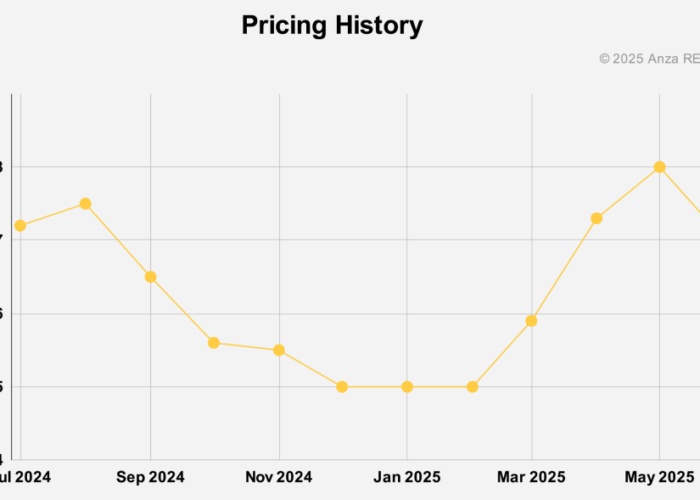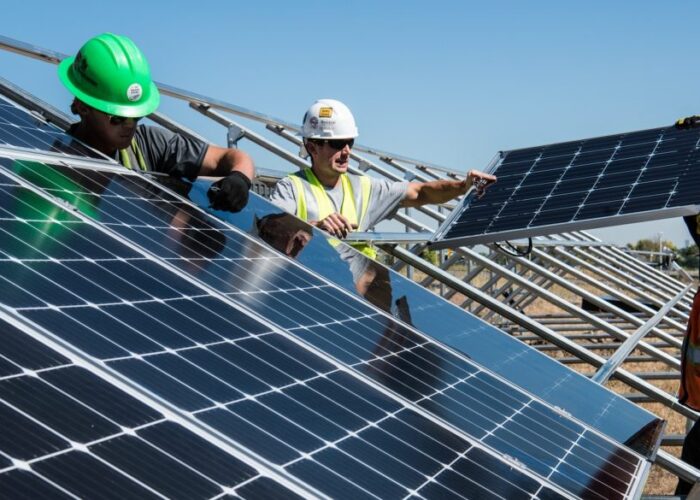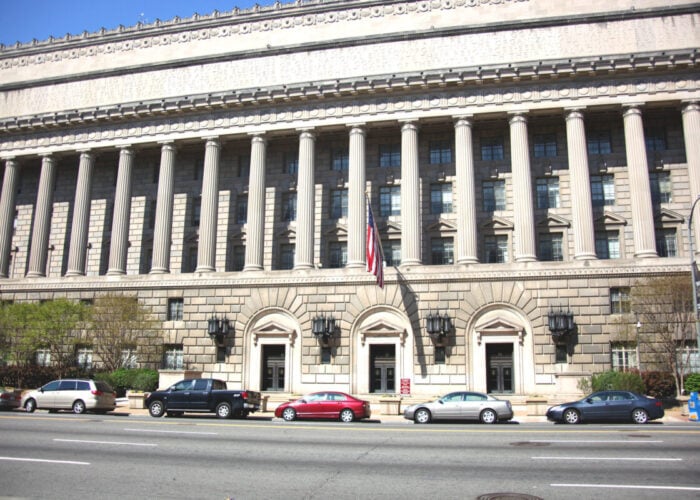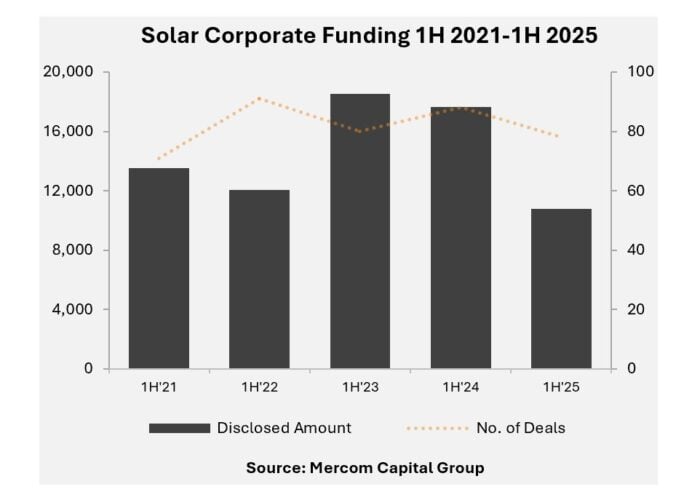The deployment of renewables does not have a negative impact on the grid, according to a draft of the report commissioned by US energy secretary Rick Perry.
The leaked incomplete version of the study has been reported by Bloomberg and Reuters with the latter making it publicly available. Perry had asked for clarity on whether the loss of baseload generation sources was driving up prices.
Unlock unlimited access for 12 whole months of distinctive global analysis
Photovoltaics International is now included.
- Regular insight and analysis of the industry’s biggest developments
- In-depth interviews with the industry’s leading figures
- Unlimited digital access to the PV Tech Power journal catalogue
- Unlimited digital access to the Photovoltaics International journal catalogue
- Access to more than 1,000 technical papers
- Discounts on Solar Media’s portfolio of events, in-person and virtual
The draft deflates this concern.
“One of the benefits of renewable energy is that it can serve as a hedge for more volatile fossil-fuelled generation. Many customers seek a steady bill payment because it’s easier to budget for and manage than a bill that varies by month. To the degree that renewable energy stabilizes the cost of an overall energy portfolio (or even just a customer’s bill), that affects perceived affordability.”
It also backs existing studies that claim “significantly higher levels of renewable energy can be integrated without any compromise of system reliability”. It then lists numerous examples from various regions and US states where renewable penetration has risen above 30%. A parallel report by clean energy advocates had similar findings in June.
In April, Perry requested the wide-ranging review to assess the impact of renewables on the grid and whether they had contributed to accelerated retirement of coal power generation. The draft identifies a number of minor factors but is clear that the main trigger for coal retirements has been market forces, not environmental regulations or subsidies for renewables.
The DoE published its budget without awaiting the recommendations of the report.
Potential solutions
A number of options are presented to improve the reliability, stability and affordability of US power infrastructure including a carbon tax, zero emission portfolio standards, electrification of industry and transport, greater use of PPAs and a host of measures to cut red tape.
Top of the list of possible solutions is energy storage. The draft suggests removing restrictions on assets classes and enabling a market for the services that storage provides including long-term contracting and ancillary services.
Unfinished
The draft, date 26 June includes several throwaway remarks serving as placeholders.
A section on negative pricing states that it is not currently a “huge issue”, before listing “LBNL paper, Wilson research with market monitors” and “logic” as supporting factors.
A section on market distortion simply states: “everything distorts markets”.






